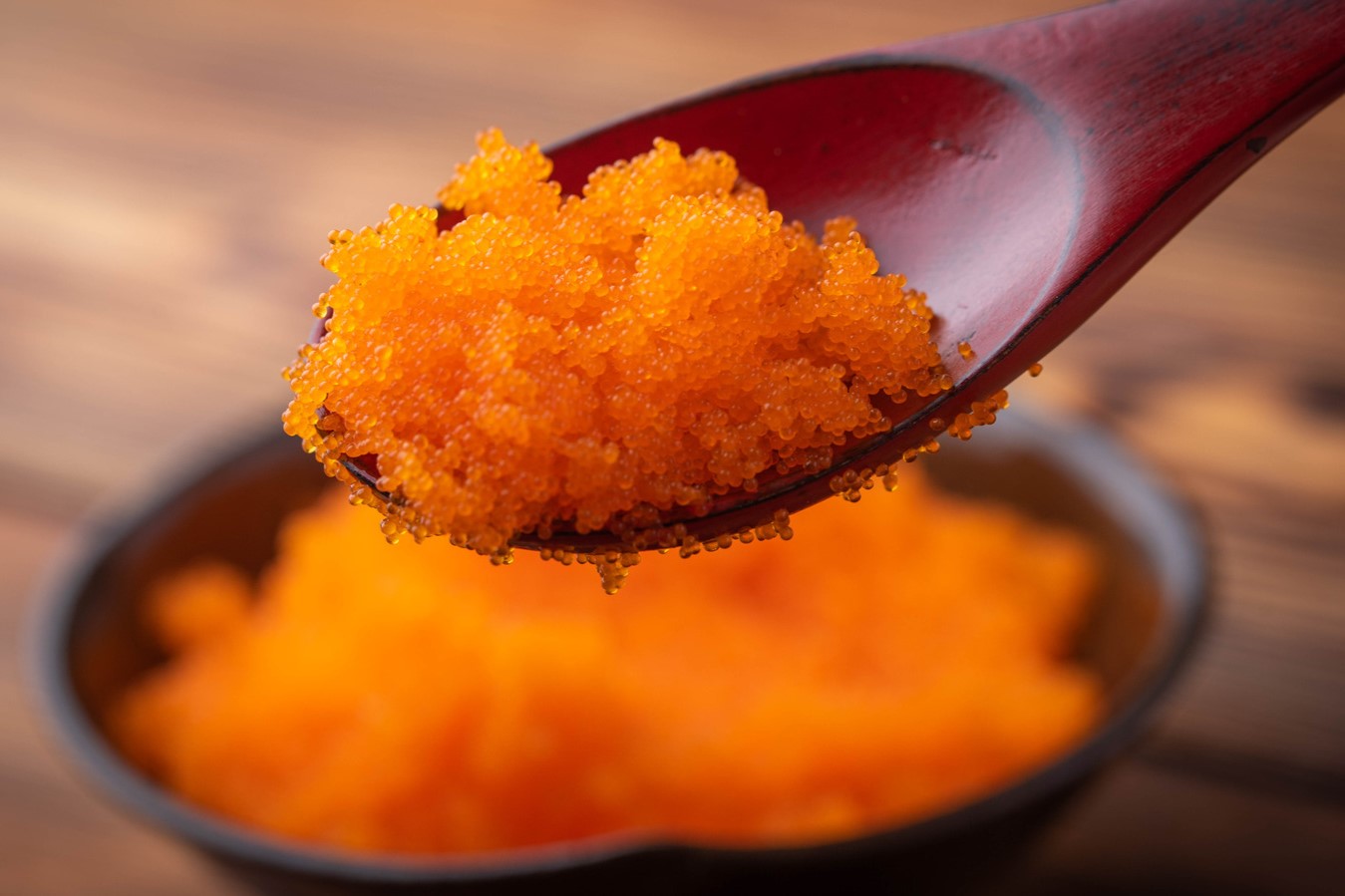
When it comes to healthy food choices, it’s essential to understand the nutritional value of each ingredient. One such ingredient that is gaining popularity in the culinary world is masago. Masago is a type of sushi caviar made from the roe of capelin fish, which is commonly used as a topping in Japanese cuisine. While it may be small in size, masago is packed with numerous nutrients that can benefit your overall health. In this article, we will explore 11 masago nutrition facts that highlight its rich nutrient profile. From protein and omega-3 fatty acids to vitamins and minerals, masago is a powerhouse of nutrients that can make a valuable addition to your diet. So, let’s dive in and discover the incredible health benefits of this delicious seafood delicacy.
Key Takeaways:
- Masago is a nutritious and delicious seafood topping that is low in calories, high in protein, and rich in Omega-3 fatty acids, making it a healthy choice for brain health and muscle growth.
- With its cholesterol-free, gluten-free, and low-carb properties, masago is a versatile and flavorful addition to meals, providing essential vitamins, minerals, and antioxidants for overall health and well-being.
Masago is rich in Omega-3 fatty acids
Masago is a great source of Omega-3 fatty acids, which are essential for brain health and reducing inflammation in the body.
Masago is low in calories
For those watching their calorie intake, masago is a great choice. It is low in calories, making it a healthy addition to your meals.
Masago is high in protein
Masago is packed with protein, making it an excellent option for those looking to increase their protein intake. Protein is essential for muscle growth and repair.
Masago is a good source of vitamins and minerals
In addition to its protein content, masago also contains various vitamins and minerals such as vitamin B12, selenium, and magnesium, which are essential for overall health.
Masago is low in carbohydrates
For individuals following a low-carb diet, masago is a suitable choice as it is low in carbohydrates, making it a great alternative to other high-carb foods.
Masago is cholesterol-free
If you are concerned about your cholesterol levels, you can enjoy masago guilt-free as it is cholesterol-free.
Masago is a good source of antioxidants
Antioxidants are important for protecting the body against damage from free radicals. Masago contains antioxidants that can help support your overall health.
Masago is low in saturated fat
Unlike some other types of seafood, masago is low in saturated fat. This makes it a heart-healthy choice for individuals looking to improve their cardiovascular health.
Masago is gluten-free
If you have a gluten sensitivity or intolerance, you can still enjoy masago as it is naturally gluten-free.
Masago is a good source of phosphorus
Phosphorus is important for maintaining healthy bones and teeth. Masago contains phosphorus, which contributes to the overall health of your skeletal system.
Masago is delicious and versatile
Not only is masago nutritious, but it also adds a burst of flavor and texture to various dishes. Whether you enjoy it in sushi rolls, salads, or as a topping, masago can enhance your culinary experience.
Conclusion
In conclusion, masago is not only a flavorful addition to sushi and other dishes, but it also offers several health benefits. Packed with essential nutrients like vitamins, minerals, and omega-3 fatty acids, it can provide a nutritious boost to your diet. Masago is low in calories and fat, making it a great choice for those looking to maintain a healthy weight. It also contains antioxidants that help in reducing inflammation and promoting heart health. However, moderation is key, as consuming it in large quantities may not be suitable for everyone, especially those with certain allergies or dietary restrictions. As with any food, it’s important to enjoy masago as part of a balanced diet. So go ahead and savor the delicious flavor of masago while reaping its nutritional benefits!
FAQs
1. What is masago?
Masago is a type of fish roe that is commonly used in Japanese cuisine. It is made from the eggs of the small capelin fish and is characterized by its small, orange beads.
2. How is masago used in cooking?
Masago is often used as a topping for sushi rolls and other seafood dishes. It adds a crunchy texture and a slightly briny flavor to the food.
3. Is masago high in nutrients?
Yes, masago is a good source of several nutrients, including vitamins B12 and D, omega-3 fatty acids, and minerals like calcium and iron.
4. Does masago have any health benefits?
Yes, masago contains omega-3 fatty acids, which are beneficial for heart health and reducing inflammation in the body. It also provides essential vitamins and minerals that support overall well-being.
5. Is masago suitable for everyone?
While masago is generally safe for consumption, it may not be suitable for individuals with certain allergies or dietary restrictions. It is always recommended to check with a healthcare professional if you have any concerns.
Was this page helpful?
Our commitment to delivering trustworthy and engaging content is at the heart of what we do. Each fact on our site is contributed by real users like you, bringing a wealth of diverse insights and information. To ensure the highest standards of accuracy and reliability, our dedicated editors meticulously review each submission. This process guarantees that the facts we share are not only fascinating but also credible. Trust in our commitment to quality and authenticity as you explore and learn with us.
